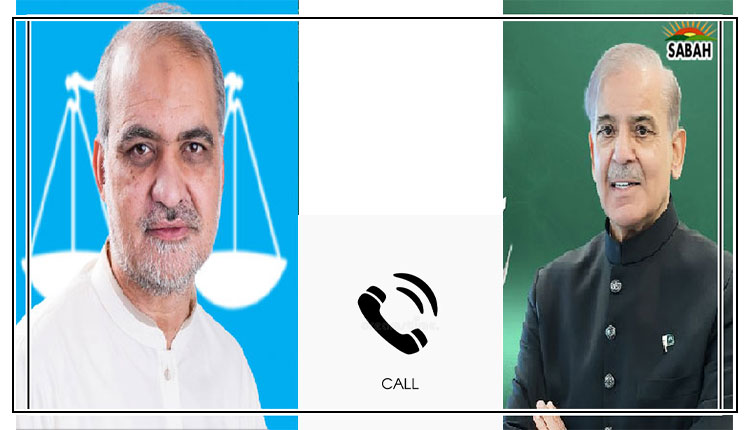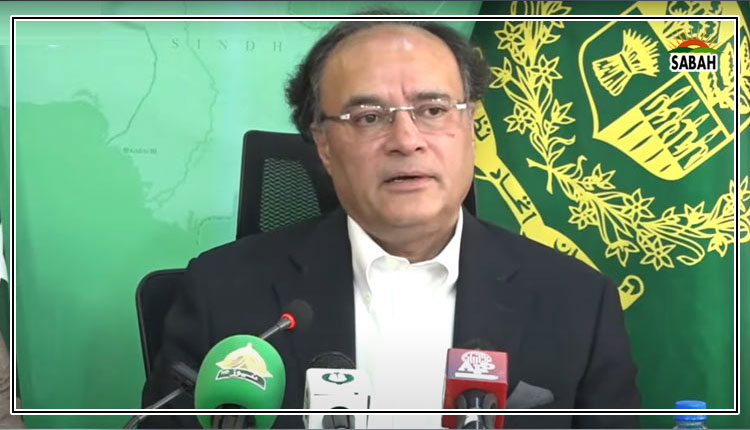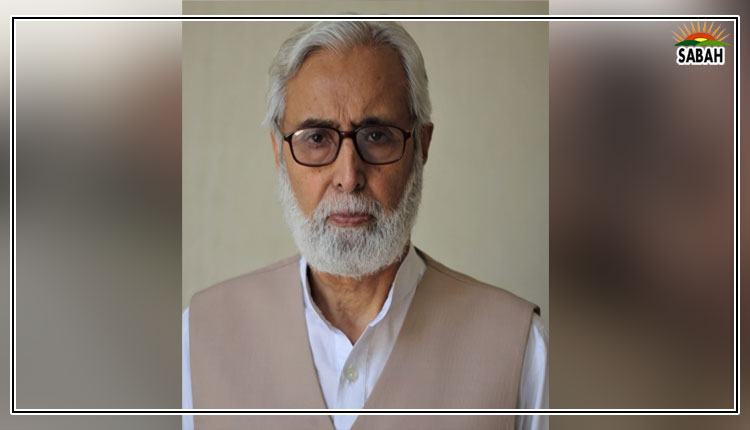The Forgotten Right: U.S. Complicity in Kashmir’s Struggle for Self-Determination…by Tariq Ahmed
America’s Moral Duplicity in Foreign Policy
The United States has long presented itself as a beacon of liberty and democracy, a “Shining City on the Hill.” However, its foreign policy often reveals a different story. While Washington claims to uphold human rights, strategic interests and geopolitical concerns frequently overshadow these ideals, exposing a glaring moral hypocrisy. This gap between rhetoric and action undermines U.S. credibility globally and contributes to instability and injustice in regions like Kashmir.
Despite its commitment to human rights and self-determination, the U.S. has consistently ignored Kashmir’s struggle for independence. Instead of advocating for Kashmiri self-determination, the U.S. has prioritized diplomatic ties with India, sidelining human rights violations to maintain a strategic partnership. This contradiction between America’s stated values and its actions has deepened cynicism about its role as a global leader in human rights.
The Dark Side of U.S. Foreign Policy on Kashmir: A Critical Assessment
A striking example of U.S. moral duplicity is its policy on Kashmir during the Cold War. Although the U.S. publicly backed Kashmir’s right to self-determination via a U.N.-mandated referendum, it consistently prioritized its strategic geopolitical interests over human rights. India received relief from Washington over Kashmir in exchange for softening its pro-Soviet stance, sacrificing the rights of Kashmiris.
A recent report by the Kashmir Law and Justice Project, Eyewash: A Human Rights Assessment of US Policy in Kashmir, January 1948 – January 1957, (https://www.kljp.org/) critically analyzes U.S. involvement during this period. The report cites declassified documents and private communications, including those between the State Department and Ambassador Chester Bowles, revealing a stark contrast between American rhetoric on self-determination and its diplomatic actions, which were largely symbolic.
The report shows that the U.S. prioritized cultivating favorable relations with India over addressing human rights abuses in Kashmir. According to Ambassador Bowles, for example, the U.S. was “extremely anxious to establish goodwill and friendship with the Indian press and people.” While acknowledging India’s “self-righteous and intransigent” stance on Kashmir, Washington did not press for a plebiscite, instead supporting India’s goal of integration.
This was not a case of oversight but a deliberate decision to place Cold War alliances above moral principles. By aligning with India, even at the expense of Kashmir’s suffering, the U.S. sacrificed its moral authority for short-term geopolitical gain. As a result, U.S. policy has shaped the region’s trajectory ever since, with consequences still felt today.
The report illustrates the contradictions in U.S. foreign policy, where strategic priorities overshadowed human rights values, leading to a long-term erosion of U.S. credibility.
Global Consequences of U.S. Inconsistency
The U.S.’s handling of Kashmir is a striking example of how its selective approach to human rights has had profound global consequences. A lack of consistency between America’s ideals and its actions has undermined its credibility as a world leader in human rights.
This duplicity extends beyond Kashmir. In Iraq and Afghanistan, U.S. interventions, justified by the pursuit of democracy and regional stability, led to civilian casualties, the rise of extremism, and prolonged suffering for the civilian population. These failures underscore the dangers of a foreign policy that prioritizes short-term strategic gains over long-term human rights considerations.
Over a billion people in a volatile region are at risk due to the U.S.’s dangerous silence on Kashmir’s suffering. The possibility of a nuclear conflict in South Asia remains a looming threat, with the potential for catastrophic loss of life and environmental destruction that could affect the entire globe. The long-term health impacts of fallout and disruption to global agriculture could lead to food shortages, destabilize the global economy, and heighten international tensions, making diplomatic resolutions even more difficult.
A Call for Action: Restoring U.S. Credibility
To restore its moral authority, the U.S. must align its foreign policy with its democratic values. Its influence could be pivotal in advancing peace and self-determination in Kashmir, where human rights are in crisis. To resolve the Kashmir conflict, the U.S. should support Kashmiri self-determination and encourage meaningful dialogue between India and Pakistan, placing human rights at the forefront of diplomacy rather than subordinating them to political or strategic considerations.
America’s credibility as a leader in human rights is at stake. By citing strategic alliances that undermine democratic principles, the U.S. can no longer justify inaction. A foreign policy that consistently upholds the rights of marginalized populations, particularly in regions where the U.S. has significant influence, must replace short-term geopolitical alliances.
Organizations like the United Nations can play a crucial role in facilitating dialogue and mediating disputes between India and Pakistan. U.S. cooperation with these organizations could help promote transparency, inclusiveness, and a genuine commitment to human rights in any peace process.
The Path Forward: A Principled Approach to Diplomacy
Kashmir, a region caught in the crossfire of Cold War interests, remains a flashpoint of tension today, with the threat of nuclear conflict ever-present. The U.S.’s passive stance—focused on strategic alliances rather than addressing Kashmir’s status—has prolonged the conflict and deepened regional instability. If the U.S. is to play a constructive role in resolving this crisis, it must move beyond passivity and actively engage in peacebuilding efforts.
For the U.S. to restore its moral standing on the world stage, its foreign policy must be grounded in consistency, transparency, and a genuine commitment to human rights. A principled approach will not only help stabilize regions like Kashmir but will also enhance U.S. diplomatic influence globally. By demonstrating that its commitment to democracy is sincere and consistent, the U.S. can reclaim its leadership role—not through expedience, but through integrity.
RESTORING AMERICA’S CREDIBILITY ON HUMAN RIGHTS | Institute for the Stud…
The time for action is now. The U.S. must shift its foreign policy to prioritize human rights and self-determination—not just when it aligns with geopolitical goals. This requires a fundamental rethinking of U.S. priorities, but also presents an opportunity for America to lead by example once again, fulfilling the promise of the “Shining City on the Hill” and reaffirming its commitment to a world where the rights of all people are respected.
*Tariq Ahmed is a freelance writer












